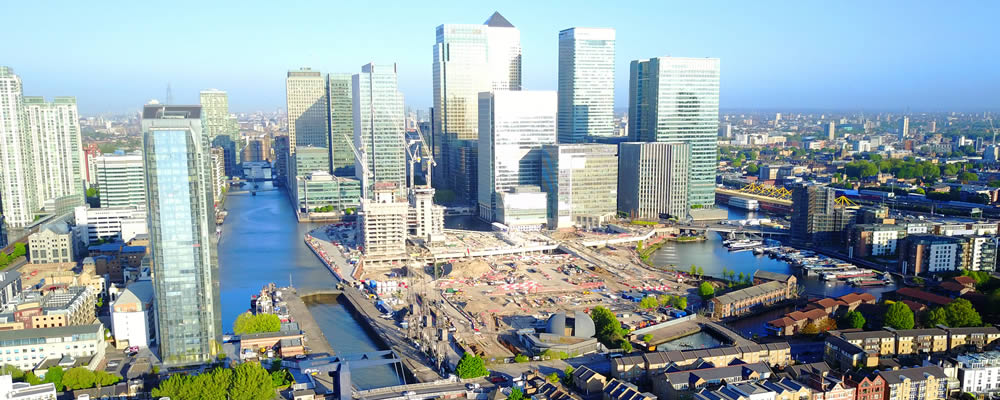Even though the finalised third quarter UK gross domestic product report saw an upwards revision the mood towards the Pound remained rather muted.
A persistent sense of political uncertainty and worries over Brexit have kept GBP exchange rates under pressure this week, with Prime Minister Theresa May’s position looking fragile.
With a long way to go before the UK and EU agree on the shape of their future trade relationship the upside potential of Sterling is distinctly limited.
Although the Lloyds business barometer for December showed an improvement on the month this was not enough to boost the Pound Euro exchange rate ahead of the weekend.
Jitters over the longer term domestic outlook are likely to continue to weigh on the Pound for some time to come, reducing the potential for any imminent rally.
Unless there are signs of greater unity within May’s cabinet over Brexit, and negotiations show signs of positive progress, investors are unlikely to significantly favour Sterling.
Particular focus will centre on decisions surrounding the future of London’s financial sector, given that the EU have proved resistant to the idea of a bespoke deal for the City.
If signs point towards London losing its passporting rights this could see the Pound slump sharply across the board.
EUR Exchange Rates Dented as Pro-Independence Parties Retain Catalan Majority
Data continued to paint a largely positive picture of the Eurozone economy, with the German GfK consumer confidence index for January rising from 10.7 to 10.8.
This indicates that confidence within the Eurozone’s powerhouse economy remains solid, even with the recent breakdown in government coalition talks.
Even so, the Euro came under some pressure on the back of the Catalan regional election, which saw pro-independence parties retain their majority.
As Kristoffer Kjær Lomholt, Senior Analyst at Danske Bank, commented:
‘The result is a big blow to Prime Minister Mariano Rajoy’s effort to contain the independence movement when he triggered Article 155 in October. Also, Rajoy’s People’s Party lost eight of its 11 seats, with unionists turning to Ciudadanos, which became the party most voted. The vote leaves political uncertainty as a continued market theme in Spain. Yet, the separatists’ democratic mandate to leave the rest of Spain remains weak.’
With the issue of Catalan independence looking set to rumble on for some time yet this limited the softness of the GBP EUR exchange rate.
Nevertheless, markets are likely to shrug off the election result relatively quickly, as investors remain confident that the region will not ultimately break away from Spain.
Current GBP EUR Interbank Exchange Rates
At the time of writing, the Pound Euro exchange rate was trending higher around 1.1302. Meanwhile, the Euro Pound exchange rate was on a downtrend in the region of 0.8846.



